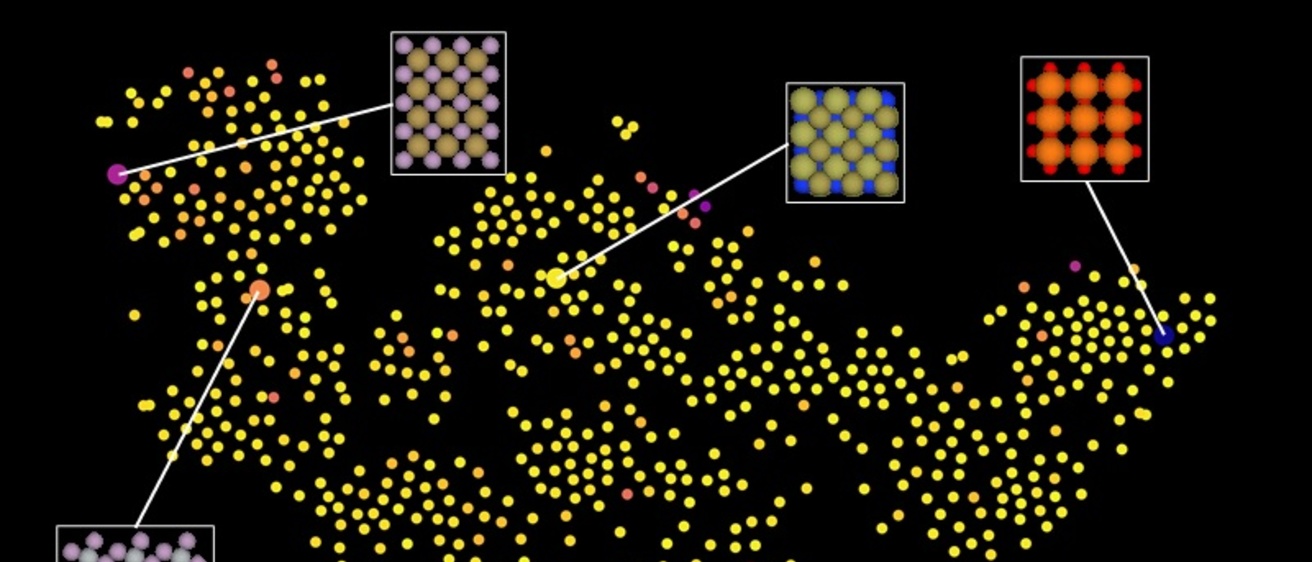Main navigation
Data is a highly valuable resource worldwide – it fuels innovations in science, decision making, automation, medicine, and marketing. Machine learning is a powerful tool to enable human understanding of big data, allowing one to disentangle key factors that drive complex patterns in measured data. It furthermore allows us to build data-driven models for simulation and forecasting a wide range of phenomena.
Research in the Department of Chemical and Biochemical Engineering is applying machine learning and physics-based simulation to study phenomena across a wide range of length-and time-scales, from chemical processes at the molecular level to climate change at the global scale. Recent work includes data-driven models to improve the speed of satellite retrieval algorithms, to better analyze and predict air pollution, and to design advanced materials through molecular and material property prediction. Research is facilitated by extensive University-level computational resources, interdisciplinary informatics initiatives such as the Iowa Initiative for Artificial Intelligence, and courses in CBE and in related departments.
Fun Fact: CBE faculty were among the first to combine molecular dynamics simulation with global atmospheric chemical transport models to explain how ammonia can escape during the high altitude droplet freezing; this, in part, explains the significant amount of ammonia in the upper troposphere and lower stratosphere. https://now.uiowa.edu/2018/06/ui-researchers-explain-ammonia-distribution-earths-upper-atmosphere
Faculty
Machine Learning and Simulation Faculty

Gregory Carmichael


